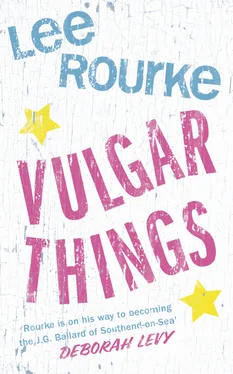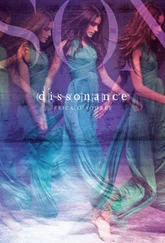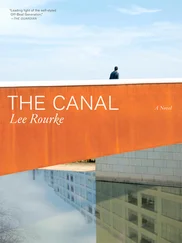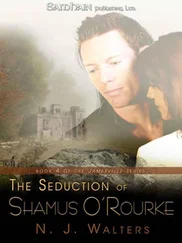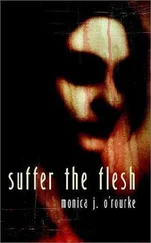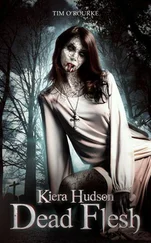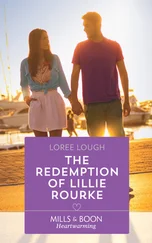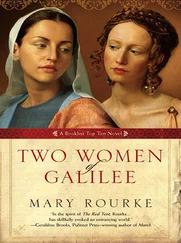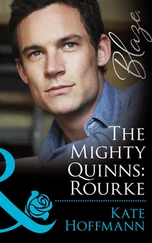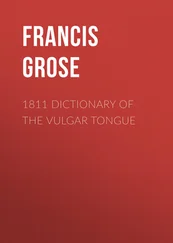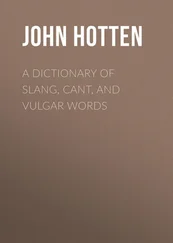Soon we both reach the end of the pier, on the landing, past the ‘station’ where the Sir John Betjeman train waits for those who want to take the train back along the pier to the shore. I look back once more at the shoreline, the whole of Southend, Thorpe Bay and Shoeburyness to my right and Westcliff, Leigh-on-Sea and Canvey Island to my left, all of it spread out, flattened into two dimensions. The island looks especially flat, only really noticeable because of the towers and chimneys of the oil refinery sticking out of it; the rest of it sunk below the water, out of view. The whole landmass is morphed into a creamy brown and green gloop before me. I turn back to the sky ahead of me, stretching out over to Kent and beyond, above the tankers and container ships. Then I see her again, she’s heading up the steps, onto the viewing platform above the RNLI station, where the pigeons hang out and rarely anyone else goes because of the years of pigeon shit on the boards. I follow her up the steps and onto the viewing platform. Below my feet I can hear the pigeons, and to my right I can see men fishing on the platform below us; they must have been here all morning, lots of them, patiently waiting in silence. She walks over to the large bell at the end of the platform, standing there, looking out towards Shoeburyness in the distance. I walk up behind her casually so as not to alarm her. I stand at the rail beside her, looking out across the estuary in the same direction. Suddenly she turns to me, the sadness in her eyes momentarily reaching out to me. I freeze, and my lungs seize up. Then she looks down at her feet and through the gap in the boards, at the pigeons beneath us.
‘Can you hear them?’
‘Who?’
‘The pigeons, just under our feet, a whole colony, maybe about one hundred or so I think … I have no idea …’
‘Yes, I can … What a racket …’
‘I don’t blame them …’
‘For making a racket?’
‘For being out here … I don’t blame them, living out here, away from everyone back there … You know, people, that lot …’
Her voice is Eastern European, harsh but fluent in English. She nods back over at Southend.
‘Yes, that lot … I know what you mean.’
‘I like them living here … they fly over to the land, taking scraps of food from it, and then return here with them … away from all the hassle, all the people, the nasty ones … I sometimes wish I could do that.’
‘Really …’
‘I’d be happy living out here all alone, away from them, just the birds and the sea and the sky to keep me company …’
‘I like the sound of that …’
‘Yes.’
‘I’m living over on Canvey …’
‘Canvey?’
‘The island, just behind us … Over there …’
‘Island?’
‘Look … see it?’
‘Oh, yes, there … That over there … Yes, I see it.’
‘The island is like being out here, at the end of this pier, the furthest point away from civilisation, as far as possible, without even having to travel that far, it seems. Does that make sense? I mean … there are places to hide all around us …’
‘I suppose it does … If only something like that was possible …’
‘Yes.’
‘…’
‘…’
‘Look, I shouldn’t be talking to you … To you … Anyone …’
‘What do you mean?’
‘It’s … well … I could be seen. I shouldn’t really be here, if they see me talking … to you … They could be watching me, they’re always watching me …’
‘Watching? … Who?’
‘I’ve said too much …’
‘Wait …’
‘I’ve got to go …’
‘Wait …’
It’s too late, she runs down the steps and onto the landing, towards the train. She runs along until she reaches the front carriage. The train starts to take her back to the shore. I’m sure she’s the only passenger; it’s like the driver was waiting for her. I stand by the bell. I put my hands on the rail, just where hers had been, trying to detect some trace of her. I smell my hands. Nothing. I turn away and walk down the same steps and back along the pier, the train slowly rumbling ahead. I walk behind it, and as soon as it reaches the main gate I begin to run after her, my stick in my hand, along the pier. I know I can’t reach her, that I wouldn’t know what to say, but I continue to run. I brush past some tourists who are heading towards me. I think about asking her for a coffee, or something like that — any excuse to spend some time with her. She looked so lonely back there by the bell, she looked like she needed a friendly face, someone to listen to her.
When I reach the train she is nowhere to be seen. I look for her all along Royal Terrace, the esplanade up to the Kursaal and back again, in the arcades and the funfair at the foot of the pier, but it’s like she’s vanished. I walk up and down the High Street to try to find her, but it’s no good. She’s gone. I just want to see her again, that’s all. I sit on a bench outside H&M, watching the college kids and a gang of lads on mountain bikes smoking weed on the corner next to Caffè Nero. Then I remember the cheque in my pocket. I get up, my knees cracking, and walk to the nearest bank to pay Uncle Rey’s money into the automated machine.
floating in space
I’m strangely not in the mood to eat, so I phone the Lobster Smack and cancel dinner. I spend the evening back at Uncle Rey’s caravan attempting to edit Vulgar Things but my mind is elsewhere. I’m haunted by her, and as much as I try to banish her from my thoughts I can’t. I stare at each page, blankly, page after page after page, making the odd correction here and there, but nothing like the line edit I should be doing. Soon enough, I find myself staring at the same page, then the same paragraph, then line, then word:
shudder
I know it’s surrounded by all the others, but I can’t stop staring at this one word: shudder. I say it aloud, shudd-er , spitting each syllable out of my mouth. Something has happened to me, is happening to me. It’s growing from within me and it makes me tremble, shake and stutter trying to look at it. Shudd-er. Shudd-er. I keep spitting it out, an S then an H, then a U , the Ds stuttering onto my lap, followed by an E and finally the R . All of it falling into a mess. All over me. I’m mesmerised by it.
When I eventually look away I notice it has gone 11 p.m. and it’s pitch black outside the caravan. I put the manuscript aside and decide to walk to the shed. The night sky is full of stars, constellations upon constellations. I suddenly feel frightened by the immensity of it all and dash over to the shed, where I fumble with the lock. I close the door behind me, as if the stars were chasing me. I stand in the darkness to compose myself, take a few deep breaths and then pull back the roof with the pulley-lever. The sky falls into the shed. I feel safer, tucked away next to the telescope. I look for the familiar constellations with my naked eye: Orion’s belt, Scorpio, et cetera, but most of them look like nothing else I have ever set eyes on before. It’s astonishing. I swivel the telescope and point it at a cluster of stars that look interesting to me. I put my eye to the lens and the shock of what I’m greeted with forces me into the chair in the corner of the shed. I begin to breathe heavily, my legs are shaking and my heart feels like it is about to escape from my chest. I regain some of my composure and look through the lens again. I’m right, it is what I think it is: dead centre, in the middle of the viewfinder, is Saturn. It’s Saturn. There are its rings. I’m looking directly at Saturn, by complete chance. It’s Saturn. I look at it there, floating in space, everything around it disappearing into inky blackness. I marvel until a strange kind of vertigo envelops me. I feel like the earth beneath my feet is about to freefall at any second, down through the abyss. I can’t stand it any longer. I sit down in the chair for a while before regaining some more of my composure. I wind the roof back with the pulley-lever and lock up the shed behind me. I walk into the caravan and take out a torch from a drawer in the kitchenette and pick up my stick from the front room. I decide to go for a walk along the creek to clear my head. My mind is swirling, I feel dizzy. I need to bathe myself, by moonlight.
Читать дальше
Конец ознакомительного отрывка
Купить книгу
